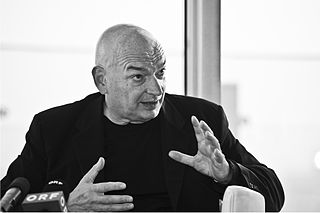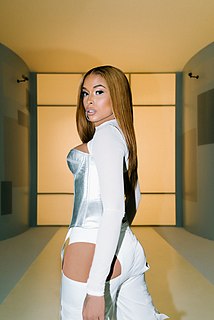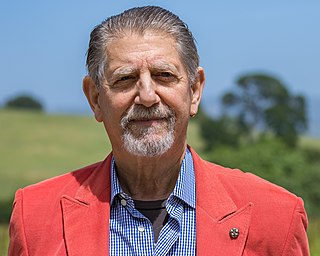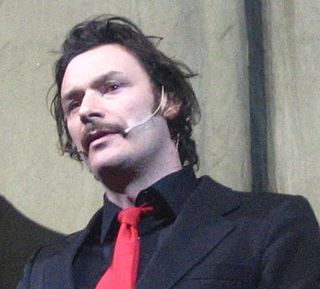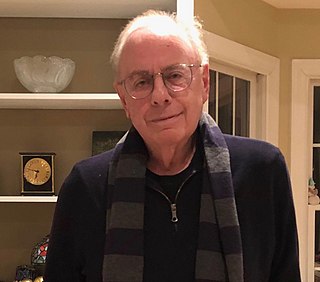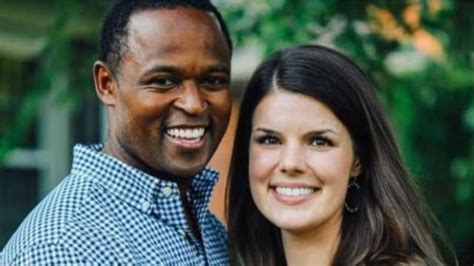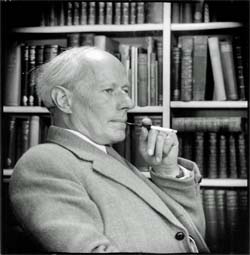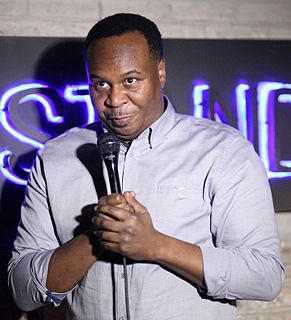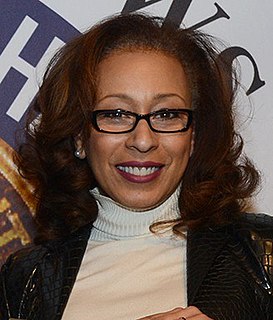Top 1200 Narrative Structure Quotes & Sayings - Page 4
Explore popular Narrative Structure quotes.
Last updated on April 20, 2025.
Within a social structure, a familial structure, or a cultural structure of various kinds, there is a substitute for actual freedom. I mean, actual freedom is a very abstract notion; we have no idea what it means, except within a context - freedom to do what? So within these social structures, freedom becomes defined as power, your ability to make choices, and the power relationship within a family, any family.
There is a kind of structure for a story that was peculiarly compelling for the radio. I thought I had invented it atom-by-atom sitting in an editing booth in Washington on M Street when I was in my 20s. Then I found out that it is one of the oldest forms of telling a story - it was the structure of a sermon.
There are a lot of experimental novels that test the boundaries of what the novel is, and 'Conversations' is not one of those. It's conventional in its structure, even though its prose style and the themes it explores and the politics that underpin it, maybe, are on the experimental side. Its basic structure is pretty conventional.
Living "in" a story, being part of a narrative, is much more satisfying than living without one. I don't always know what narrative it is, because I'm living my life and not always reflecting on it, but as I edit these pages I am aware that I have an urge to see my sometimes random wandering as having a plot, a purpose guided by some underlying story.
Structure is what makes communication hang together. It's like the rails that a train runs on. Without them, things wouldn't move very far. If you only have time to do one thing in your presentation, make sure it has a clear and identifiable structure. Without this, you'll have no credibility. Once you've organized your ideas, if you step back and look at it, many times we've organized topics. We've strung together a structure with organized topics. At this point, change your topics into messages.
Any narrative, whether it's fiction or not, you have to approach it as though it really happened to you. I think that's the only way to get inside the characters and make the narrative work. It's a storytelling tradition, and I think to come off as genuine then you have to really approach it that way.
A lot of artists I like end up being queer. Or maybe it's a subconscious thing that you can identify of, like, 'Oh this person understands the nuances of the romantic narrative of a queer person, or the social narrative of a queer person.' And then you discover, lo and behold that they are a queer person.
Now, we're used to thinking of communism as being once-upon-a-time-all-things-were-owned-in-common, maybe-someday-this-will-come-again. And people agree that there is a sort of epic narrative going on here. I think we should just throw this narrative out, it's irrelevant anyway, and who cares who owns things? I don't. You know, we all own the White House. So what? I still can't go in, right?
I think of myself as a narrative artist. I don't think of myself as a novelist or screenwriter or playwright. All of those modalities of processing and experiencing narrative are obviously very different, and I'm not sure that I prefer any one to the other. I think the novel gives you the opportunity to have a kind of interiority that you can't have in the theater, which is pure exteriority.
In fact, I always assumed that most everything I read was true, to one degree or another. I couldn't articulate this fact until after I read Tim O'Brien's The Things They Carried and he discussed Happening Truth, Story Truth, and Emotional Truth. I always understood that the facts of The Sun Also Rises or On the Road were the facts as dictated by a certain narrative structure, but because the experiences of those characters echoed my own feelings about the world. I knew there was a Happening Truth behind them.
I just thought someone has to figure out how to break through that barrier and create a narrative for a black super hero story to unfold at the same scale as something like Star Wars. Rythm Mastr is about producing a narrative of a hero engaged in a struggle as complicated as those other stories. The catalyst for it was the beginning of the demolition of public housing in Chicago.
Trump is such a unique candidate. He's incredibly polarizing. But I see the same kind of blinders on the left. There's perhaps a little less anger, but there is nothing that Hillary Clinton can do to stop most of this nation from voting for her. You do see people who are just buying into the narrative they want to hear, and they are pushing out the narrative they don't.
To speak of certain government and establishment institutions as 'the system' is to speak correctly . . . They are sustained by structural relationships even when they have lost all other meaning and purpose. People arrive at a factory and perform a totally meaningless task from eight to five without question because the structure demands it be that way. There's no villian, no 'mean guy' who wants them to live meaningless lives, it's just that the structure, the system demands it and no one is willing to take on the formidable task of changing the structure just because it is meaningless.
This law represents a cornerstone in a structure which is being built but is by no means completed--a structure intended to lessen the force of possible future depressions, to act as a protection to future administrations of the Government against the necessity of going deeply into debt to furnish relief to the needy--a law to flatten out the peaks and valleys of deflation and of inflation--in other words, a law that will take care of human needs and at the same time provide for the United States an economic structure of vastly greater soundness.
We're in a very, very profound crisis. It's so obvious that no one in the power structure, either the corporate power structure or the political power structure, knows what to do or is willing to do what's necessary in relationship both to global war and global warming. It's so obvious that conditions are getting worse for the great majority of Americans. It's so obvious also that we face a very serious danger from people who feel, see themselves only as victims. And we have to somehow, in a very loving way, help the American people to recover the best that is in our traditions.
When I pick a story, I'm very much aware of the larger issues that it's illuminating. But one of the things that I, as a writer, feel strongly about is that nobody is representative. That's just narrative nonsense. People may be part of a larger story or structure or institution, but they're still people. Making them representative loses sight of that. Which is why a lot of writing about low-income people makes them into saints, perfect in their suffering.
Y'know, I think, inherently, when you hear something like a teenage narrative come into play, even the idea that it's being called 'teenage' is a notion that it's being reduced to a problem that's not quite adult. That's a problematic thing to say about a narrative that could actually be dangerous, could be hurtful, could be upsetting.

